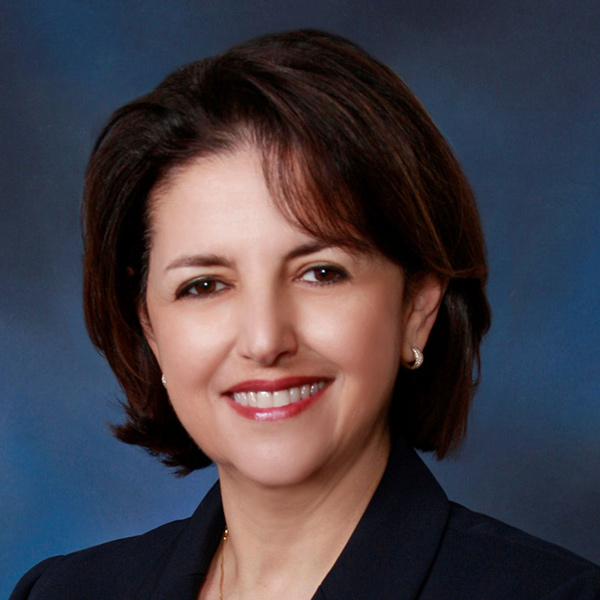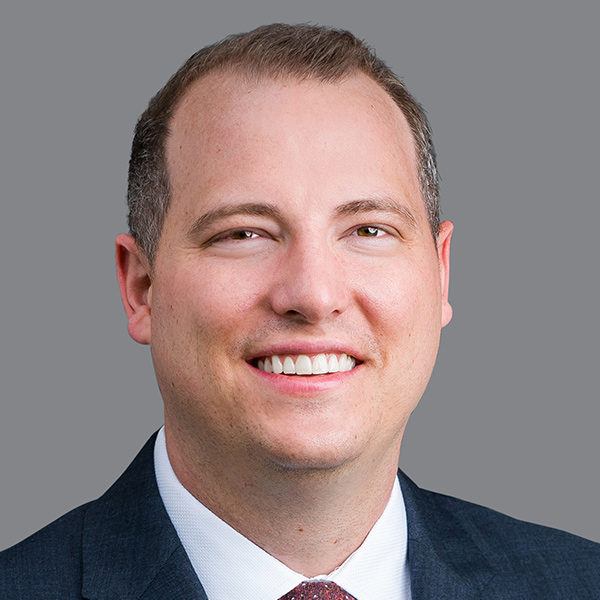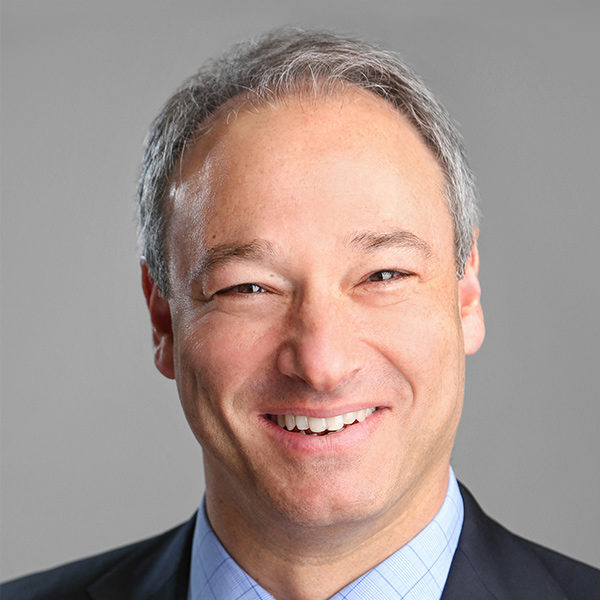These intraocular lens (IOL) implants provide a fuller range of vision at distance and near and are also able to correct astigmatism. They include Toric IOL, ReSTOR, Symfony, Tecnis Multifocal, and Alcon PanOptix.
Your candidacy for a premium lens during cataract surgery depends on your desire for independence from glasses at a given distance. It also depends on the health of your ocular surface, cornea, and retina. A thorough preoperative evaluation by your surgeon will determine your candidacy.
It is possible to have a multifocal lens implant after LASIK, but you have to meet certain criteria. You will require additional preoperative testing that will verify the health of the corneal surface and its regularity before surgery.
No. If both eyes need surgery an interval of two to three weeks is advised.
Cataract surgery is performed in a surgical facility and typically takes about 15 – 20 minutes. Your stay at the facility is usually about two hours. You should arrange for someone to drive to and from the facility.
You will arrive at the surgical center approximately an hour before your procedure where you will meet your anesthesiologist, received oral medication to induce relaxation and receive eye drops to anesthetize the eye and dilate the pupil. A thorough cleansing of the eye will also be done.
Once surgery is completed, more drops are applied and a protective plastic shield is placed over the eye.
Once home you should rest and avoid strenuous activities.
Cataract surgery is done with anesthetic eyedrops and mild intravenous sedation. There may an occasional sensation of mild pressure but no pain. Some irritation and tearing are to be expected for a few hours after the surgery.
Sight threatening complications such as serious infection and bleeding are rare (1/1000). Most complications are otherwise minor and transient such as prolonged inflammation, droopy eyelids, elevated intraocular pressure, and retinal swelling.
Retinal detachment can occur after cataract surgery. Very high myopia (nearsightedness) carries an increased risk for retinal detachment.
Night vision after cataract surgery is a common concern. Unwanted images can occur with all implants. These can take the form of glare or starburst. One should expect halos with multifocal implants. Not infrequently, patients observe a shadow in the outer field of their vision after cataract surgery which typically fades over time. Your tolerance to halos will influence your decision about multifocal lenses and will be discussed at your preoperative consultation.
You can resume most of your activities within 3 to 5 days after surgery. Heavy lifting and straining are to be avoided for few days. A protective plastic shield is advised at night for three days to prevent inadvertent eye rubbing while asleep. Makeup should be avoided for 5 days. Swimming and hot tubs are not allowed for 2 weeks.
Consult your doctor about specific activities if you are unsure regarding safety.
You will be checked the day after surgery. Depending on your particular case, you will be seen one to three weeks later and again three to six months after that. Annual eye exams are recommended.
The surgeon who did the work, or a member of his or her team, should perform the checkup on the day after surgery, and usually the next visit as well. The surgeon may approve subsequent checkups with another doctor, after a consultation with that doctor to ensure familiarity with your case and appropriate care.
Lens implants are typically not subject to deterioration and should last a lifetime.
Some patients will experience a subsequent clouding of the membrane which holds the lens, called the capsule. This clouding will cause blurred vision and is easily fixed with a non invasive laser (YAG laser) beam that creates an opening in the membrane allowing restoration of a clear path for light. This procedure is called a capsulotomy and can be done in our Chevy Chase office.
Blepharitis and dry eyes are chronic conditions that can affect the surface of the cornea and be exacerbated by surgery. It is critical to optimize the ocular surface before cataract surgery to optimize the outcome. If the ocular surface is suboptimal, multifocal lenses may not suitable for you.
Your insurance will cover the cost of cataract surgery, the surgical facility, and the anesthesiologist. You are responsible for costs related to any advanced technology/ premium implants as well as any deductible and co-pays.
Two techniques are commonly used for cataract surgery today: Femtosecond Laser-Assisted Sonar Cataract Surgery or Simply Sonar Cataract Surgery. In most cases, excellent results can be achieved with either technique. Discuss with your surgeon which option is better for you.
If you and your surgeon have agreed upon a specific goal for your uncorrected vision after cataract surgery, your surgeon may offer the option of using Optiwave Refractive Analysis (O.R.A.) during the operation. This extra measurement is taken in the operating room after removal of the cataract and prior to final selection and positioning of the lens implant in your eye. It provides an additional measure of confidence that the intraocular lens power and position will be most likely to meet your goal for uncorrected vision after surgery.
If you have questions not answered here, please schedule a consultation to learn more.
If you have questions not answered here, please schedule a consultation to learn more.
Request an Appointment© 2025 Washington Eye Physicians & Surgeons
The material contained on this site is for informational purposes only and is not intended to be a substitute for professional medical advice, diagnosis, or treatment. Always seek the advice of your physician or other qualified health care provider.






